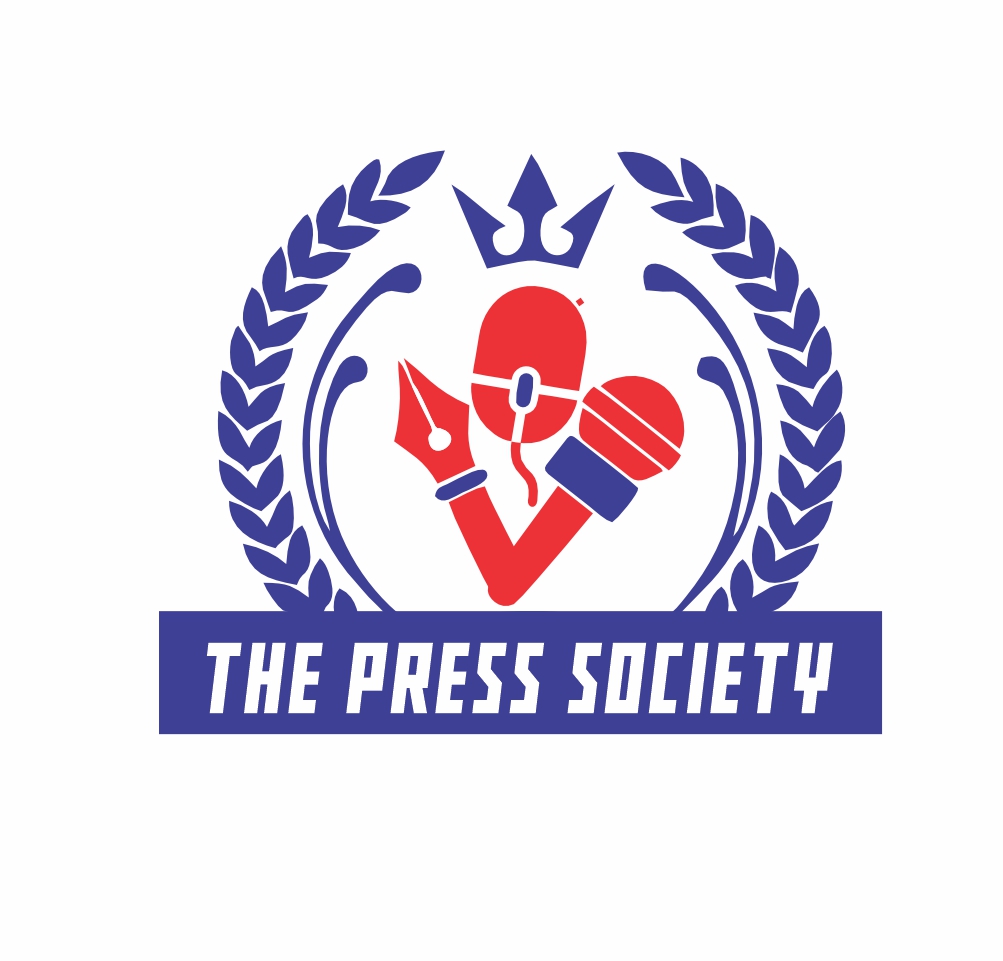 Supply chains across Africa and the globe are under immense pressure as they navigate a perfect storm of disruptions—ranging from natural disasters and geopolitical tensions to regulatory complexities and infrastructural shortcomings.
Supply chains across Africa and the globe are under immense pressure as they navigate a perfect storm of disruptions—ranging from natural disasters and geopolitical tensions to regulatory complexities and infrastructural shortcomings.
In South Africa, for instance, port congestion and underperforming freight-rail systems continue to cripple the efficiency of supply chain operations, leading to higher costs, delays, and mounting frustrations for businesses. Across Nigeria, Kenya, and Egypt, companies are also grappling with inconsistent logistics, fluctuating exchange rates, and fragmented regulatory policies.
In response to these challenges, business leaders are turning to cutting-edge technologies to improve efficiency, visibility, and resilience. The adoption of AI-driven solutions, real-time data analytics, and sustainable supply chain practices is expected to reshape global trade flows in 2025 and beyond.
As we step into the next phase of supply chain transformation, three major trends will define how businesses adapt, survive, and thrive in an increasingly volatile and uncertain world.
Trend 1: The AI Revolution in Supply Chains
The integration of AI-powered solutions into supply chain operations is no longer an option—it is a necessity. Companies worldwide are aggressively deploying artificial intelligence to create autonomous, self-learning supply chains that predict disruptions, optimize logistics, and enhance operational efficiency.
Digital Twins: A Game-Changer
Businesses are increasingly relying on digital twins—virtual simulations of physical supply chain processes—that allow them to:
✅ Analyze real-time performance data
✅ Model different scenarios to predict potential disruptions
✅ Identify the most efficient ways to mitigate risks and optimize inventory management
Predictive and Prescriptive AI
By leveraging machine learning algorithms, companies can:
✅ Anticipate potential bottlenecks before they happen
✅ Automate decision-making to reduce human errors
✅ Enhance warehouse and logistics management with precision-based forecasting
Real-World Example
Retail giants like Amazon and Alibaba have integrated AI-driven robotics into their fulfillment centers, ensuring faster deliveries and reduced operational costs. Similarly, African e-commerce companies like Jumia are exploring AI tools to optimize last-mile delivery in countries with challenging road networks and unpredictable demand patterns.
Social Media Buzz
On LinkedIn, supply chain professionals are discussing how AI is revolutionizing inventory tracking, while X (formerly Twitter) users are debating whether AI can fully replace human decision-making in logistics management.
️ Trend 2: The Road to Resilience – Anti-Fragile Supply Chains
If 2024 has proven anything, it’s that supply chain disruptions are here to stay. Extreme weather events—from floods in Kenya to wildfires in Australia—have shown that climate change is an undeniable threat to global logistics.
2025 will mark the shift from ‘reactive’ crisis management to ‘proactive’ resilience strategies. Businesses will embrace anti-fragile supply chain models, ensuring they not only survive shocks but thrive amidst disruptions.
Data-Driven Risk Management
AI and machine learning-powered monitoring systems will help businesses:
✅ Identify vulnerabilities in real-time
✅ Develop contingency plans before disruptions occur
✅ Diversify suppliers and optimize routing strategies
Adaptive and Agile Strategies
Rather than relying on a single supply source, companies will:
✅ Spread their logistics networks across multiple regions to minimize risks
✅ Adopt multi-modal transport systems, including rail, air, and sea routes
✅ Strengthen supplier relationships to ensure flexibility during crises
Case Study: Africa’s Logistics Evolution
Countries like South Africa and Nigeria are investing in smart logistics hubs and alternative transportation networks to reduce reliance on congested ports. Kenyan agribusinesses are leveraging blockchain technology to improve traceability and efficiency in export logistics.
Social Media Buzz
On Facebook and Instagram, businesses are sharing firsthand experiences of how supply chain disruptions have impacted their operations—sparking conversations about the need for adaptive and resilient logistics.
Trend 3: Sustainability and Compliance in the Supply Chain
Sustainability is no longer just an ethical choice—it’s a business imperative. In 2025, transparency in supply chains will become a top priority, driven by new global regulations and increasing consumer demand for responsible business practices.
Regulatory Pressure: The European Union’s Corporate Sustainability Due Diligence Directive (CSDDD)
This landmark regulation, set to take full effect in 2027, is already shaping supply chain decisions in 2025. Companies that export to Europe must:
✅ Ensure ethical labor practices and environmental compliance across their supply chains
✅ Improve visibility and traceability of goods, from sourcing to distribution
✅ Implement sustainability reporting tools to remain compliant with evolving international regulations
Technology as an Enabler
Businesses are turning to AI-powered tracking systems and blockchain-based supply chain management to:
✅ Monitor sustainability metrics in real time
✅ Identify environmental and social risks within supplier networks
✅ Provide evidence-backed sustainability claims to regulators and consumers
Consumer Expectations: The Green Supply Chain
Today’s consumers are demanding ethical sourcing and eco-friendly supply chains. Companies that fail to align with sustainability goals risk losing customer trust and facing regulatory penalties.
Case Study: African Startups Leading the Way
Startups in Africa, such as Twiga Foods and Copia Global, are prioritizing eco-friendly logistics and ethical sourcing practices, ensuring that their supply chains are both sustainable and efficient.
Social Media Buzz
On Instagram and TikTok, influencers and eco-conscious consumers are highlighting brands with sustainable supply chains, increasing pressure on businesses to adopt greener logistics strategies.
The Road Ahead: What to Expect in 2025 and Beyond
With AI-driven automation, resilient logistics models, and sustainability compliance taking center stage, 2025 will be a transformational year for global and African supply chains.
✅ AI-powered solutions will drive efficiency and reduce disruptions
✅ Resilient supply chains will prioritize agility, adaptability, and data-driven decision-making
✅ Sustainability will be non-negotiable, with businesses investing in transparent and ethical supply chain practices
As businesses navigate this new era, the key to success lies in leveraging emerging technologies, fostering resilience, and embracing sustainability. Those that adapt swiftly will not only survive the challenges of 2025 but emerge as industry leaders in the years to come.





